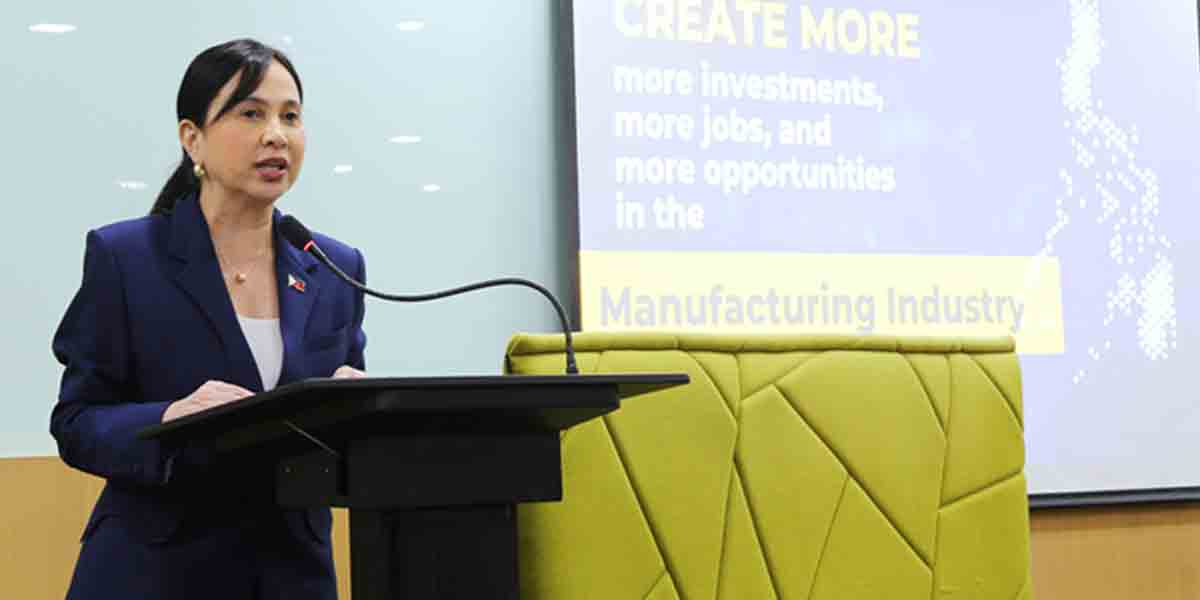 By Dr. Rex Casiple
By Dr. Rex Casiple
The offering of graduate programs has been upgraded due to demands set by globalization, regional integration, higher education internalization and the fourth industrial revolution. To meet these demands, students must be able to optimally use 21st century skills in their work and professions. There is a need to review our graduate program offerings in the country particularly their quality and necessity. There is a need to update and revise the policies, standards and guidelines for graduate programs in various disciplines. While there is dearth in the supply of graduates of programs in demand, many programs are oversubscribed, especially in the areas of teacher education, public administration and business administration.
In the past decades, some graduate program offerings in the country have no proper authority from the Commission on Higher Education (CHED). Hence, it is advisable for students intending to enroll in graduate school to look first for the government authority to operate in the program they intended to enroll. Private higher education institutions, state colleges and universities and local colleges eligible to apply and operate graduate programs are CHED’s Centers of Excellence (COEs) or Centers of Development (CODs); with international accreditation in the corresponding undergraduate degree program; or with at least Level III program accreditation from CHED recognized accrediting agency in the corresponding undergraduate degree program.
The graduate programs in the country are categorized into master’s and doctoral degrees. In most of the master’s degree program, thesis or creative work and publication in a refereed journal are requirements for graduation. Master’s programs require students to pass the comprehensive examination. In the new generation of graduate schools, other types of master’s programs are considered in the Philippine educational setting provided that they require strict admission and retention policies. Some of these are the Straight Bachelor’s – Master’s or SBM Program, the Dual Doctor of Medicine – Master’s Degree or MDMD Program and the Dual Master’s Degrees or DMD Program.
In the SBM program, both the Bachelor’s degree and Master’s degree can be earned together. The graduate courses taken can be counted towards both bachelor’s and master’s degree, giving the students opportunity to earn two degrees of different levels simultaneously in a shorter time span or in not more than 5 years.
In the MDMD program, students may be awarded both the Doctor of Medicine and a Master’s degree. Besides of complying the requirements for the Doctor of Medicine, the students shall pass the comprehensive examination for the Master’s program. In addition students shall comply the thesis and the publication requirements or the capstone project requirement.
The DMD program provides opportunity for the student to pursue graduate work in two fields of study and comply the requirements of two Master’s degrees simultaneously.
On the other hand there are two types of doctoral programs: the Doctor of Philosophy (Ph.D.) Academic Track and Research Track; and the Doctoral Degree – Professional Track, such as, Doctor of Education and Doctor of Public Administration.
Other types of Doctoral degrees for the new generation of graduate programs will be Straight Master’s-Doctoral or SMD Program and the Dual Doctoral Degrees or DDD Program. In the SMD program, both Master’s and Doctoral degrees can be earned together. While the DDD program provides the opportunity for students to pursue doctoral degrees in two fields of study and comply the requirements of the two degrees simultaneously. The two doctoral degrees require strict admission and retention policies.
These policies, standards and guidelines in upgrading graduate programs shall take effect after its publication in the Official Gazette, or in two (2) newspapers of national circulation.






















